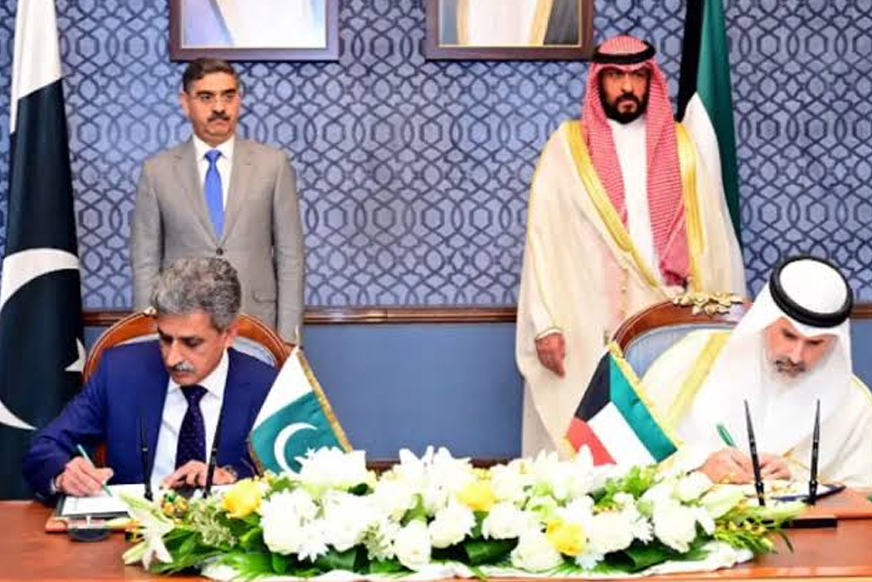Pakistan and China have solidified their commitment through the signing of multiple Memoranda of Understanding (MoUs).
These agreements signify a substantial investment of $10 billion, focusing on four pivotal sectors pitched towards strengthening exports.
The collaborative efforts outlined in these MoUs emphasize joint ventures in textiles, agriculture, food, and the manufacturing of car spare parts. This complex approach reflects a comprehensive strategy to enhance economic development and mutually benefit both nations.
The agreements are a testament to the robust partnership between the private sectors of Pakistan and China, highlighting the strength of their economic ties.
The investment in textiles, agriculture, food, and manufacturing car spare parts holds significant promise for job creation, technology transfer, and overall economic prosperity.
By capitalizing on the strengths of each country, these joint ventures aim to establish industries that contribute not only to domestic growth but also to global trade dynamics.

This collaborative economic venture emphasizes the importance of cross-border partnerships in navigating the complexities of today’s global economy. As both nations actively engage in private sector collaboration, the agreements pave the way for shared expertise, innovation, and increased market access.
In addition to the economic agreements, Pakistan is ready to elevate its exports to China with a groundbreaking initiative. The country is poised to send its first shipment of fresh chillies from Karachi to China, aligning with a protocol inked last October.
This strategic move holds immense significance, considering China’s substantial annual expenditure of $10 billion on chillies. The export of fresh produce not only opens new possibilities for trade but also highlights the potential for diversified and expanded collaborations between the two nations.
The mutual agreements and the fresh chilli export initiative represent a dynamic shift in the economic landscape, positioning Pakistan and China as proactive contributors to global trade and commerce.
As these collaborations unfold, they have the potential to serve as a model for other nations seeking to strengthen economic ties and navigate the challenges of an ever-evolving international market.
The recent economic collaborations between Pakistan and China, marked by the signing of MoUs and the fresh chilli export initiative, signal a new era of economic cooperation.
With a substantial $10 billion investment across key sectors, both countries are poised to reap the benefits of strengthened economic ties, setting the stage for continued collaboration and shared prosperity in the years to come.



